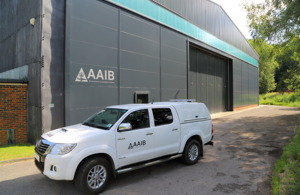During her trip, the Minister met Foreign Minister, H.E. Mr. Saleumxay Kommasith and co-chaired the UK-Laos Political Dialogue alongside Vice Minister for Foreign Affairs, H.E. Bounleua Phandanouvong.
The Dialogue covered cooperation on education and health, tackling climate change and COVID-19, as well as addressing regional and global security, including human rights and Russian’s invasion of Ukraine.
The Minister also had the opportunity to travel to Xieng Khouang in northern Laos to see first-hand how UK funds are supporting unexploded bomb clearance. She met with the brave teams who carry out the work in the field and risk their lives each day to save others.
Minister for Asia, Amanda Milling, said:
The UK-Laos Political Dialogue has been a great opportunity to discuss how we can strengthen our cooperation and work together to address shared challenges.
I also saw the positive impact the UK has in the region, seeing how our funding is helping clear unexploded bombs in Xieng Khouang province.
This support has meant that land that was once dangerous and unusable can now be used for schools, homes and farming.
While in Vientiane, Minister Milling’s meeting with the Minister for Environment covered Laos’s target for zero emissions by 2050, and their attendance at COP26.
In her meeting with the Minister for Energy they discussed Laos’s plans to transition to more renewable energy, while her talks with the Minister for Health covered Covid-19 and the UK’s support in providing vaccines.
Minister Milling met Chevening Alumni to hear about their achievements since returning to Laos and also with British business figures helping to expand commercial ties in the country.



